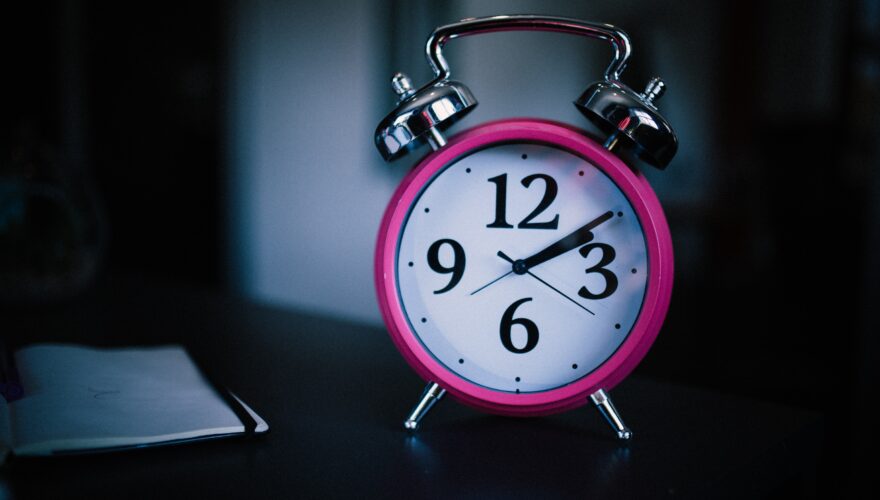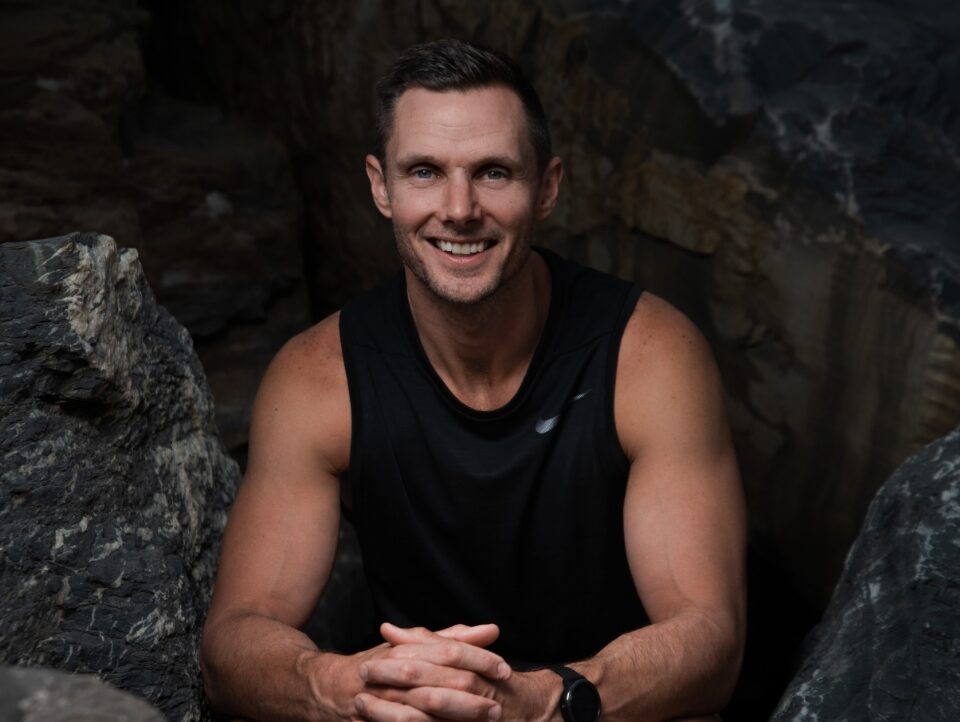
How much sleep is enough?
This is a debate that continues to rage on, and unfortunately, I cannot give you an exact answer either. Sleep is something that is slightly different for you and I, but, there are some basic principles and rules that apply for us all.
Question number one: How much sleep do I need?
Well, 7 hours on average is the number to allow your body to fully Rest – Recover – Repair. However 6.5 – 9.0 is what I see as being the acceptable range based on a variety of sleep reports. What is a big consideration to duration though, is the level of activity performed that day. If you ran a marathon that day, your body will require more rest (sleep) than perhaps someone that just chilled on the couch watching cricket all day. Do remember, it is about quality over quantity though. Don’t brag about getting 12 hours sleep, when it was terrible quality sleep. I would rather 6.5hrs of quality sleep any day.
The 4 stages of sleep: How much deep sleep and REM (Rapid Eye Movement) sleep should I get?
- Stage 1: Non-REM: lasts 5 – 10 minutes and is the transition period between being awake and sleep.
- Stage 2: Non-REM: Lasts approximately 20 minutes and this is when the body begins to cool down and your heart rate slows. The cooling is important to note as this is why it is best to sleep in a cooler room that a hot room.
- Stage 3: Non-REM: Where your longer deep sleep sets in. Your muscles now relax and your blood pressure and breath rate drop.
- Stage 4: REM: Your brain becomes more active. Your body becomes relaxed and immobilized. You start to dream, and your eyes move rapidly.
A full sleep cycle last around 90 minutes.
You spend roughly 75% of your sleep-in non-REM sleep and of this 75% around 13% – 23% is deep sleep.
So, using 8 hours as a guide, 60min -110min is the ideal amount of time we should be spending in deep sleep. However, note the duration of deep sleep is higher when we are young (such as teenagers) and lower as we age. This is in part due to the biological shift in our circadian rhythm as we age.
There are a few things we can do to help aid with better quality sleep:
- Daily exercise
- Keep the bedroom very dark and cool
- No distractions such as televisions/screens in the bedroom
- Avoid caffeine after 3pm. Even if you think coffee does not affect you, it does. You may still be able to get to sleep, but you will spend less time in deep sleep.
- No more than one alcohol drink at night
- Keeping a regular sleep schedule. 1 hour either way is acceptable but avoid the long sleep ins on weekends.
- Have a watertight night time routine that includes the use of blue light blocking glasses, magnesium and a bed time alarm. This is an alarm that reminds you that you have one hour to be in bed.
I would suggest that sleep is the number one wellbeing tool, yet many do not give it the respect and attention it deserves. Will every night be perfect? NO! But, if you can adopt the principles above and start to track it through the use of a Whoop, Garmin or Apple watch I would challenge you to argue that you do not feel more energized, focused, physical composition changes and you even get sick less often or not at all.



